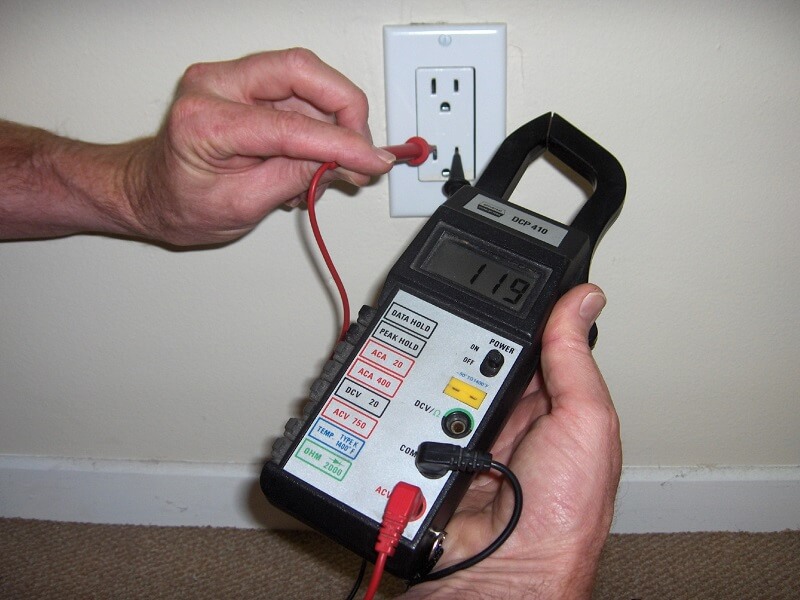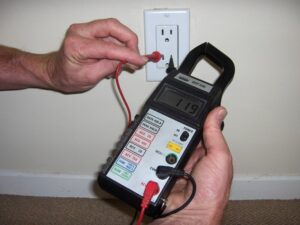

For instance, think about a river blocked by a dam. The river flows around it in a circular manner, not through it. When the dam develops a fault, the water can get through it and cause flooding. That’s the same way with electricity. It is more likely to flow through the path of less resistance- the shorter pathway. When considering wiring your house, copper is easily the best option because it’s an excellent conductor of electricity. Aluminum wiring tends to overheat easily when the wrong receptacles are used causing fires and property damage.
A short circuit is dangerous, both to you and your property. It can lead to death by electrocution or household fires. It can also cause considerable damage to your appliances. Faulty circuits and wire connections are common causes of short circuits; loose wiring, pest chewing on wires causing exposure, water or other fluids coming into contact with wiring, damaged outlets, or faulty appliances are culprits too.
There are three types of short circuits; Normal short circuits, Ground short circuits, and Arc short circuits.
- Normal Short Circuits: this happens when a powered wire touches a neutral wire causing the current to flow through a different pathway.
- Ground Short Circuits: this occurs when a charged wire touches a grounded portion of the electrical system
- Arc Short Circuits: this is mostly caused by the electricity moving from one wire to another due to the melting or breaking of said wire.
Having a short circuit can be quite dangerous so here are a few things you can do to prevent or fix it.
- Check Outlets and Appliances: your outlets may most definitely show you a sign that something’s going wrong inside. Check them properly before use. Be wary of any buzzing sounds, burning, sparks, or odd smells coming from them. Endeavor to not plug any faulty appliances into your outlets as well.
- Check Your Circuit Breaker: Your breaker is there to protect your electrical system. They trip when the electricity is unstable. So, to make sure they’re working as well as they should, do a routine check on them as often as you can. Be on the lookout for cracks or loosening of any kind. If you suspect a problem with your breaker, do not hesitate to call a professional. Figure out which circuit is controlled by what breaker.
- Call a Professional: the best option to prevent or fix a short circuit is to call a professional electrician. Electricity isn’t exactly the easiest thing to do and it can go wrong if it isn’t treated with caution. A professional is better equipped to deal with the problem effectively and efficiently.
